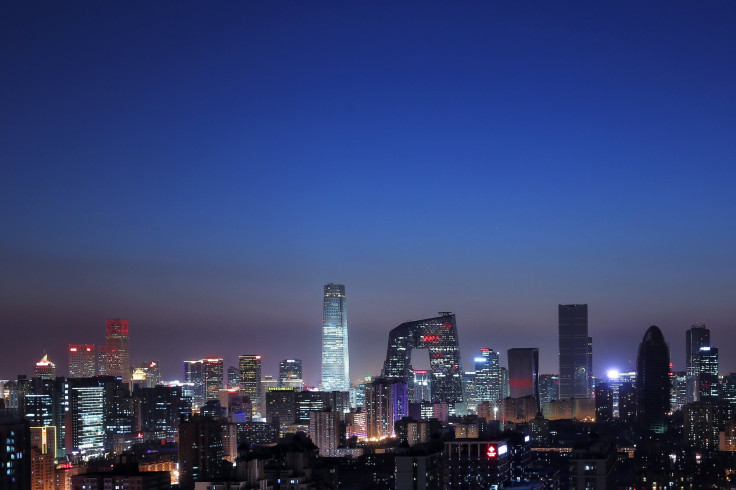Beijing Becomes The New ‘Billionaire Capital Of The World’ After Overtaking New York City

Beijing has been named the new “billionaire capital of the world” knocking out New York City from the top spot for the first time. According to Hurun Report's Global Rich List 2016, the Chinese capital is home to a total of 100 billionaires.
New York occupied the second place with 95 billionaires while Moscow came third with 66. Hong Kong and Shanghai rounded off the top five with 64 and 50 billionaires, respectively. Hurun, which tracks wealth and luxury in China, also released the list of billionaires for the past five years.
"Despite its own slowdown and falling stock markets, China minted more new billionaires than any other country in the world last year, mainly on the back of new [share] listings," Rupert Hoogewerf, chairman of Hurun Report, said. “Growth in billionaires for the rest of the world was held back by a slowdown in the global economy, the strengthening of the U.S. dollar and the drop in oil prices. The number of billionaires, however, has jumped 50 percent since 2013.”
The report found that Beijing added 32 new billionaires since last year that helped it leave behind New York, which saw only four new billionaires.
China took the No. 1 spot with 568 billionaires after it gained 90 new ones over the past year, compared with the U.S.'s total 535 billionaires.
“The combined net worth of the Chinese billionaires is US$1.4 trillion, similar to the GDP of Australia,” the report said.
According to Hurun, the richest man in China is Wang Jianlin, who has an estimated worth of $26 billion. However, he has not made it to the top 10 billionaires list. Wang stands at the 21st place globally.
Bill Gates tops the list with a net worth of $80 billion, followed by Warren Buffett with $68 billion. Spanish fashion tycoon Amancio Ortega ranks third with a net worth of $64 billion.
"What we showed today is that at the super-wealth creation level, the Chinese are now leading," Hoogewerf said in the report. "People will look at China the same way that people looked at Stanford or Silicon Valley in the 1990s."
© Copyright IBTimes 2024. All rights reserved.




















